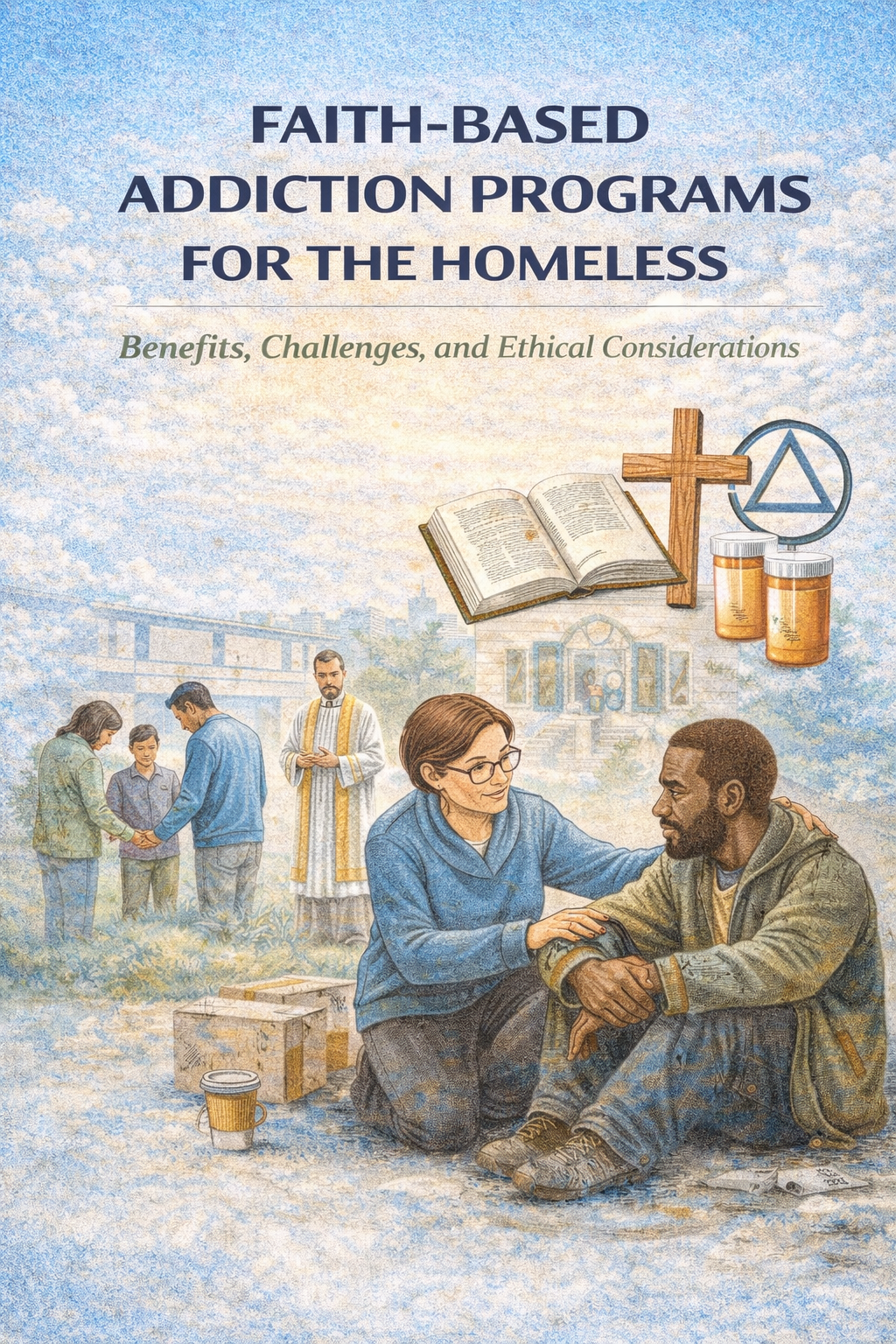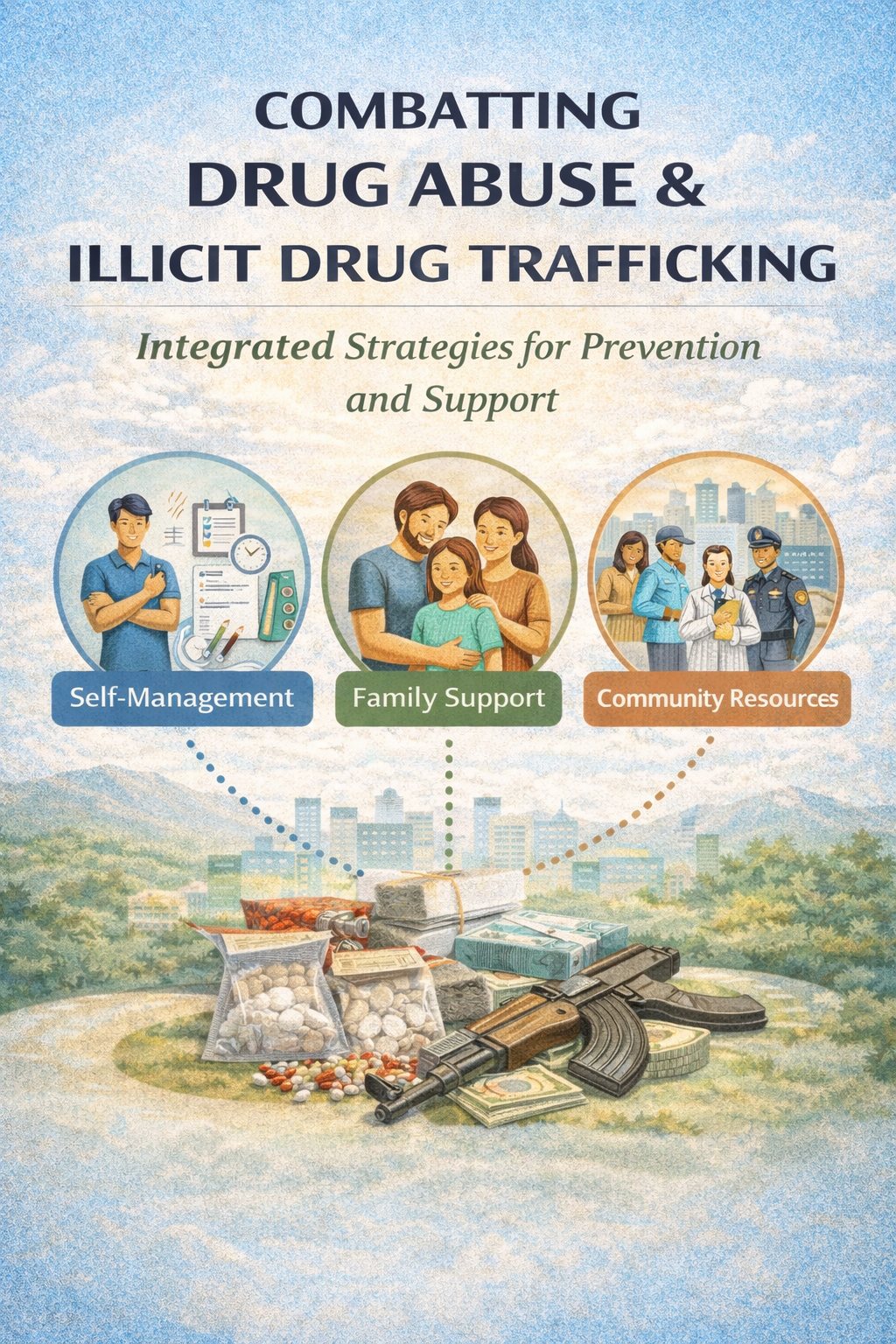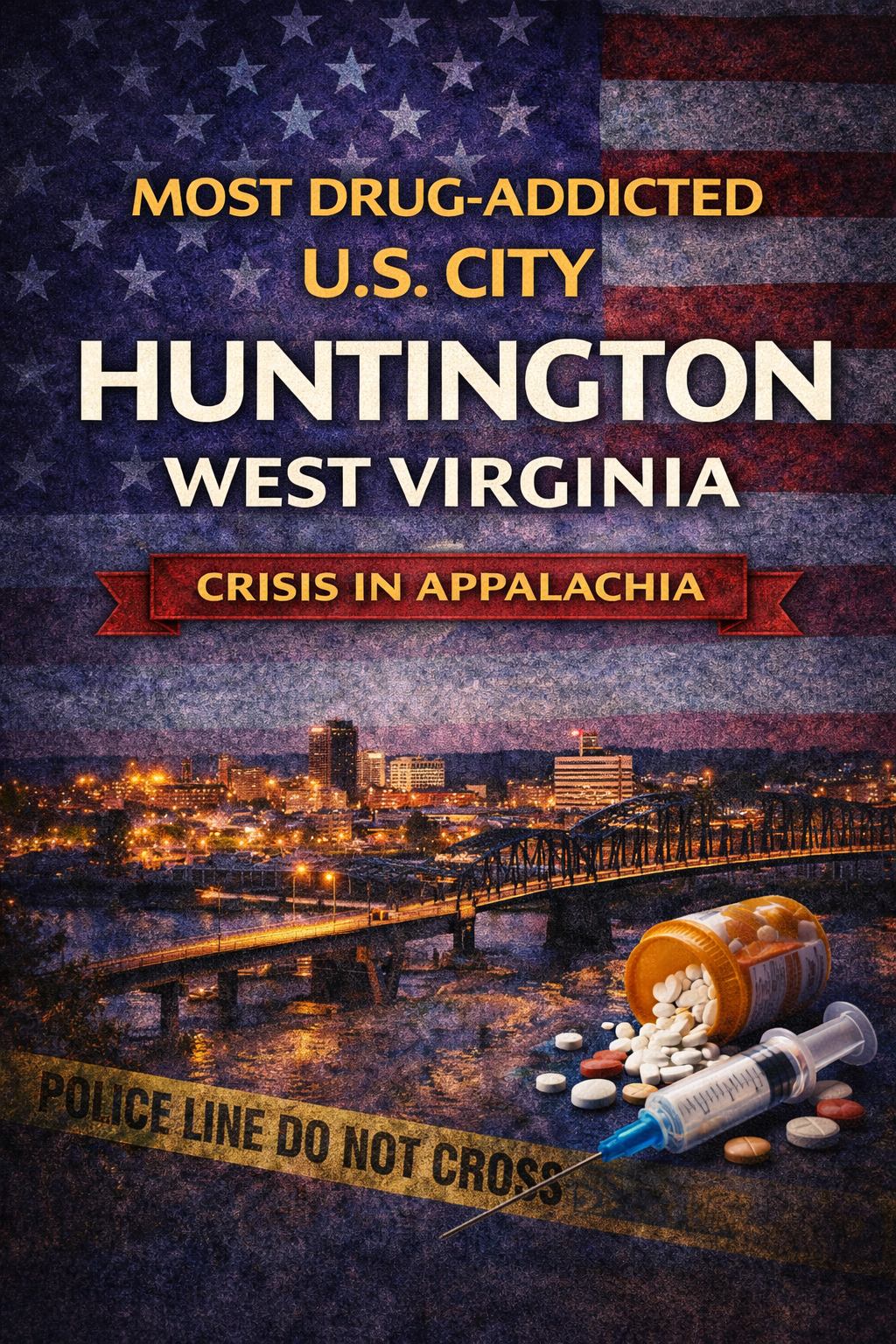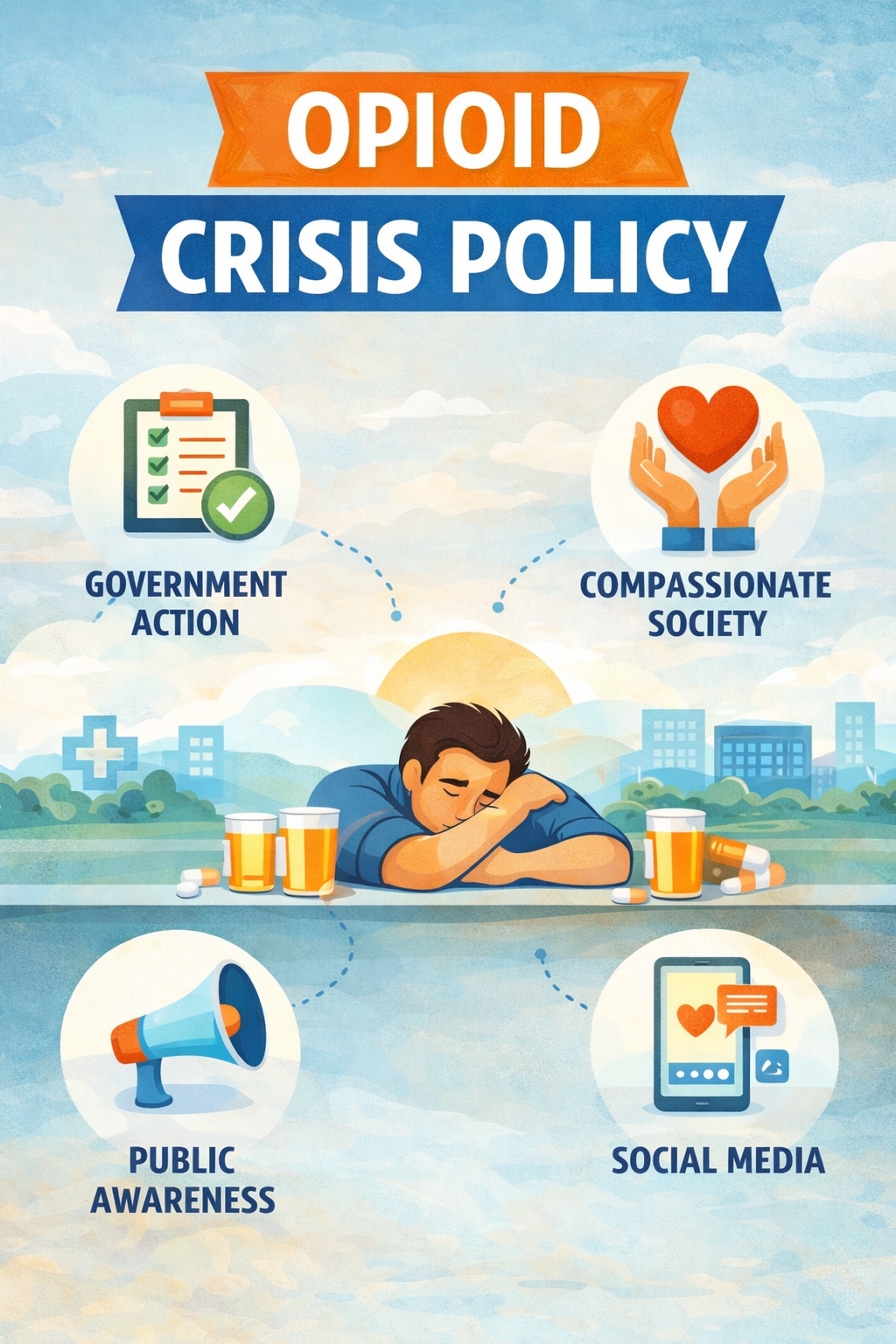Faith & Recovery for the Homeless
Faith-based addiction programs for the homeless play a significant role in addressing the complex intersection of substance use, homelessness, trauma, and social exclusion. These programs often provide shelter, food, community, and recovery support grounded in spiritual values such as compassion, hope, accountability, and service. For many individuals, faith-based approaches offer meaning, belonging, and moral structure … Read more








